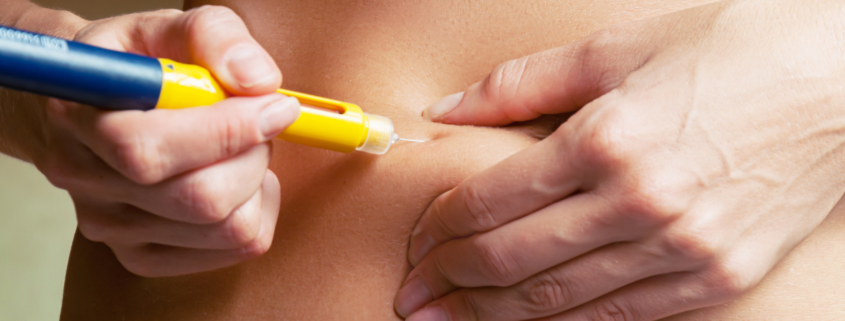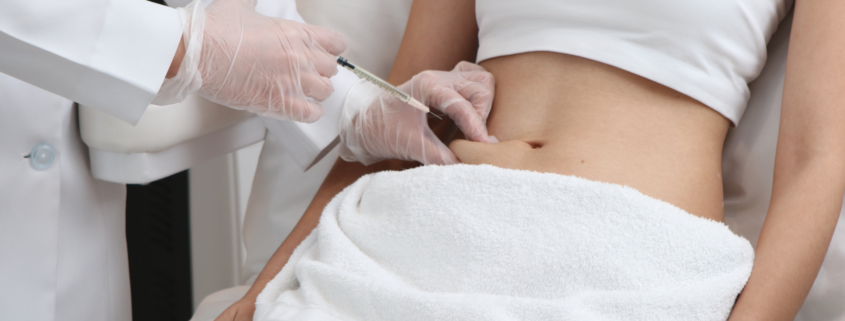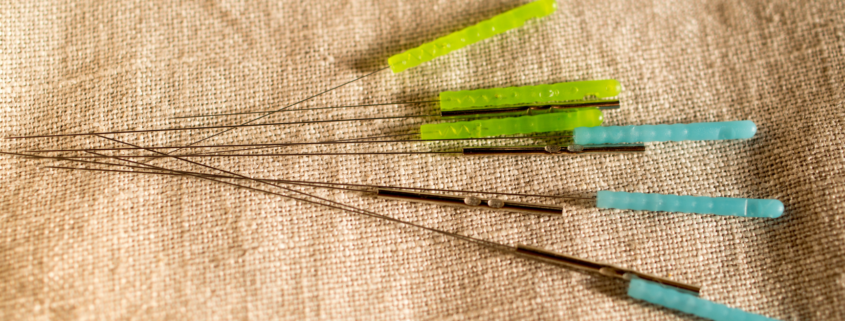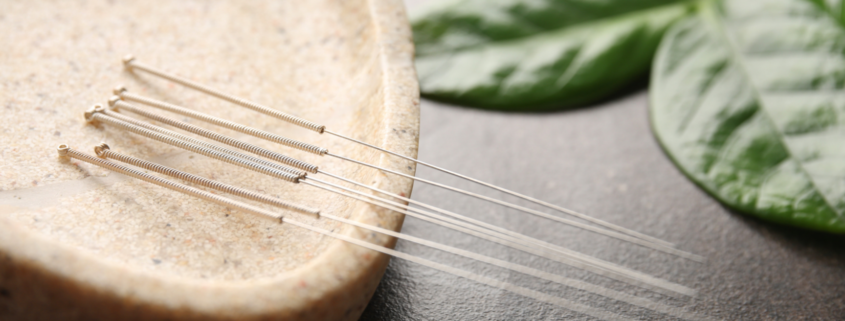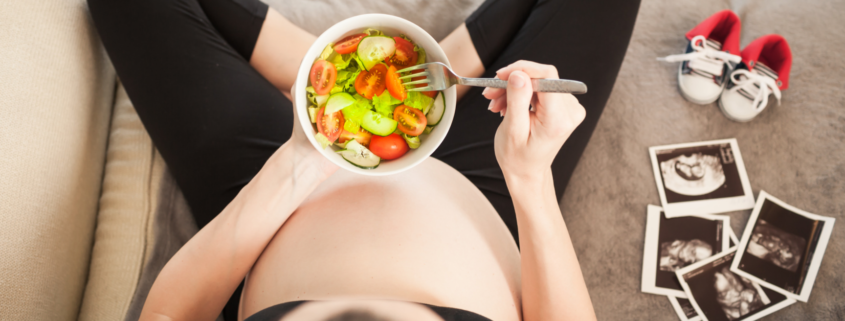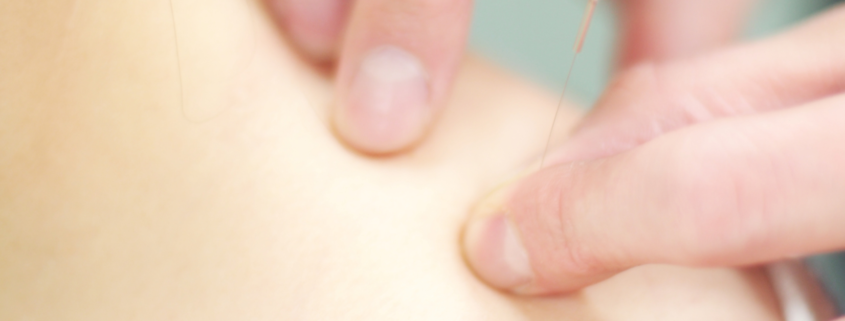Whether trying to conceive naturally or through IVF / IUI, these are valuable tips for success.
Maybe you’ve reached a point where you’re ready to start your family. Maybe you’ve been trying to have your first child for a while now without success. Or perhaps you’re trying for a second child and it’s not happening as quickly as the first time around. No matter where you are in your reproductive journey, there are things you can do to improve your chances of conceiving and having a healthy baby.
It’s important to note that you are laying the groundwork for your baby long before conception occurs. Much like fertilizing the soil in your garden before planting, or establishing a strong foundation before building a home, if you skip the preparation, the end result may be less than ideal. If you knew that taking simple steps ahead of conception could positively influence your child’s health for their lifetime would you take those steps? Of course you would!
There are many ways that you can naturally boost your fertility. If you are trying to conceive, these tips can help improve your chances of becoming and staying pregnant.
Tip #1 – Understand your menstrual cycle
Before you become pregnant, it is important to be familiar with the phases of your menstrual cycle. This will help you understand the ideal time for conception. There are literally dozens of apps available for tracking your cycle. Choose one that allows you to chart your basal body temperature as well as symptoms such as cramping, breakthrough bleeding or spotting, acne, breast tenderness or fullness—anything that looks different from the norm for you.
When plotting the data on a fertility calendar, the goal is to see the full picture. Cycle day 1 (CD1) is the first full day of menstrual bleeding. The ideal cycle length is about 28 days. The first half of the cycle is called the follicular phase, and this is when the follicle containing the egg is in final preparation for release. The release of the egg is call ovulation and should occur around CD14. Your fertile window is the 2-3 days prior to and the day of ovulation. The remainder of the cycle, post-ovulation, is called the luteal phase and is the part of your cycle when your hormone levels are at their highest. If pregnancy doesn’t occur, your period will begin again, which starts the clock over at CD1.
Basal Body Temperature
Trust me when I say that it’s unlikely your OBGYN or fertility doctor will give a hoot about your basal body temperature (BBT), but to someone trained to look for clues in your temperature fluctuations and symptoms throughout your cycle, like me, this can be valuable information.
The way to measure BBT is to keep a digital thermometer at your bedside and when you first awaken in the morning, before you get moving or your feet hit the floor, take your temperature and record it. Ideally, you’ll see lower temperatures in the first half (follicular phase) of your cycle followed by a 0.5 to 1 degree F increase in temperature post-ovulation (luteal phase). Things like getting up to go to the bathroom or let the cat out within three hours of your wake-up time can impact your BBT, so make a note of it in your chart, especially if the temperature reading seems unusual.
If you’ve tracked your BBT for 3-6 months, and the results are what is considered normal month to month, you don’t necessarily need to continue to track it, unless you just like having the data. If your temperature charts show inconsistencies or recurring anomalies, it may be helpful to continue to chart your temperatures while working with a practitioner who can provide natural ways to try to correct things.
If tracking your BBT creates stress for you, then it’s probably not necessary. The last thing I want to do is create more stress for my patients who are trying to get pregnant. In the absence of a BBT chart, it is still recommended that you make notations in your period tracking app about your day to day symptoms. That can include things like headaches, digestive issues, constipation, moodiness, irritability, insomnia, breakthrough bleeding or spotting, etc.
You’ll notice that hormonal fluctuations can cause symptoms on different days of the cycle, so use your calendar to understand your body better and how it changes over time. Women with regular cycles between 26-32 days long are more likely to conceive than those who have longer or shorter cycles.
When you note a change in any of the symptoms on your calendar, document when it occurs and then continue to monitor that same symptom or ones similar. For example, if you’ve been having breakthrough spotting on days 10-12 of every cycle, and this month on day 10 you have some pink discharge instead—record that day as well as the following two days. By noticing a change in your pattern, you’ll be better able to track your cycle and pinpoint ovulation.
Tip #2 – Nutrition
Remember, you’re laying the foundation for your baby. Improving your nutrition prior to and during pregnancy can make a world of difference for your child. (By the way, the father’s nutrition and lifestyle make a difference, too. After all, 23 of your child’s 46 chromosomes come from his sperm. I’ll save that for a different post.)
Healthy changes in your diet alone can improve your fertility and boost your overall reproductive health. Let’s hit the basics:
- Eat the rainbow in the form of vegetables, preferably organic. Make veggies the star of your food show every day. Five servings minimum.
- Eat animal protein in moderation. Consider not having it at every meal, and eat a variety. Choose healthier sources (grass-fed, pasture-raised, wild-caught, free-range) as much as possible.
- Fat is not the bad guy; sugar is. Consume it often. Healthier fats include coconut oil, organic butter, ghee, avocados and avocado oil, olives and olive oil, hemp, flax, nuts and nut butters.
- Reduce the carbs! Processed carbs and sugar are highly inflammatory in the body and they contribute to insulin resistance, a precursor to diabetes. Consider green vegetables, beets and carrots to be free foods, and eat as much as you want. Cut out added sugars. Even so called “health foods” can surprise you with the amount of carbohydrates they contain. No more than 30 grams of carbs per meal.
- Minimize, or better yet avoid, gluten. It’s another inflammatory trigger.
- Eat every 2-3 hours or before your body signals that it’s hungry in order to prevent carb cravings. When you’re hangry, quick carbs are more appealing but much less healthy for you. Don’t let your blood sugar dip to that point.
- Eat fat with everything. Healthy fats keep you satiated and will help stabilize your blood sugar.
- Don’t overdo the nuts. Too many of them can contribute to inflammation.
- The ratio of veggies to fruit should be 2:1.
- Some sugar substitutes that are acceptable are stevia, xylitol, lohan and monk fruit. Do not use agave nectar. It’s almost pure fructose.
Tip #3 – The right supplements
Everybody is different and has different needs, but there are some basics that stay consistent. The subject of what supplements to take and what brands to buy can be confusing. That’s where a trained practitioner of functional medicine can be helpful.
The basics:
- A prenatal or a multivitamin. No matter how pristeen your diet is, there will be nutritional gaps here and there.
- Fish oil can improve egg quality and prolong female reproductive lifespan.
- Additional Vitamin D3 may have a significant impact on the ovaries and the endometrial lining of the uterus.
Other contenders to help with fertility.
- Magnesium
- Vitamin C
- Iron, B12 and B6 (all associated with anemia)
- CoQ10
- Royal Jelly
- Chaste Tree (Vitex)
The list doesn’t stop there. I choose to tailor supplement recommendations to each patient based on the data I collect through basic labs and our initial conversations.
Tip #4 – Minimize stress
Stress less. If you’ve heard it once, you’ve heard it a thousand times, but it’s true. Today’s lifestyles can be stressful, even when you’re trying your best to be healthy. Not to mention the pressure we sometimes put on ourselves to get pregnant in a certain time frame. It can add up and cause natural responses in the body that work against you when trying to conceive.
Consider stress-reducing activities like:
- Yoga. There are even yoga classes specifically designed to improve fertility.
- Meditation. Don’t skip over this one just because it seems impossible to “clear your mind of thought” and sit quietly for 20 minutes. There are different ways to enjoy the mindfulness of meditation. There are endless apps available that can be helpful. Try guided meditations, visualization (like daydreaming about something joyful or relaxing), journaling, solo walks (especially in nature), quiet time snuggling with a pet, restorative yoga.
- Get plenty of healthy sleep. Go to bed around the same time every night. Make sure your bedroom is dark and cool. Keep screens turned off (phones, tablets, computers, and televisions). If you have a tendency to awaken during the night and not fall back asleep, adopting the eating habits in tip #2 may correct that.
- Exercise. Even if you feel like you can only manage 15 minutes in your day, do it. A little bit of something is better than a whole lot of nothing. Ideally, you’ll exercise moderately for 30-45 minutes 3-4 times a week. Getting the blood moving is key. Good blood flow means nourishment for your reproductive system.
- Setting boundaries. One of the best things you can do is let go of pleasing others and set healthy boundaries for yourself and your time.
Tip #5 – Avoid toxins
Exposure to toxins, whether inhaled, consumed orally or absorbed through the skin, not only affects your fertility, but potentially your baby’s health. An investigation by the Environmental Working Group (ewg.org) in 2005 found an average of 200 industrial chemicals and pollutants in umbilical cord blood from a sampling of babies born in U.S. hospitals. An average of 200! These included pesticides, consumer product ingredients like fast food packaging, coal waste, gasoline,Teflon and flame retardants. Of the total of 287 chemicals detected, 180 can cause cancer in humans or animals, 217 are toxic to the brain and nervous system, and 208 cause birth defects or abnormal development in animal studies.
The primary organ of biotransformation and detoxification is your liver, so in addition to avoiding toxin exposure, here are some ways you can promote liver health.
- Milk thistle can decrease liver inflammation.
- Turmeric can be protective for liver function.
- Clean up your personal care and use more natural products.
- Avoid excessive or chronic alcohol use.
- Minimize caffeine.
- Avoid refined sugar.
- Avoid weight gain that raises your body mass index (BMI) above 25.
- Find out if there’s a family history of liver disease.
Bonus tip – Try acupuncture for fertility
Fertility acupuncture has been shown to reduce stress, improve hormone function and increase blood flow to reproductive organs. Fertility acupuncture is tailored to each individual and has been proven to improve the chances of pregnancy by 40-60%!
Diet, exercise, stress management and avoiding toxins are all important factors when it comes to fertility. Making small changes can make a big difference. Try incorporating some of these tips into your daily routine to improve your fertility health. And for an even greater chance of success, add fertility acupuncture to the mix.
If you’d like more information about improving your fertility naturally, you can email, call or schedule an appointment with us at Wiser Health. We offer telehealth appointments as well as in office acupuncture.
Sources
Nehra, D., Le, H. D., Fallon, E. M., Carlson, S. J., Woods, D., White, Y. A., Pan, A. H., Guo, L., Rodig, S. J., Tilly, J. L., Rueda, B. R., & Puder, M. (2012). Prolonging the female reproductive lifespan and improving egg quality with dietary omega-3 fatty acids. Aging cell, 11(6), 1046–1054.
Pilz, S., Zittermann, A., Obeid, R., Hahn, A., Pludowski, P., Trummer, C., Lerchbaum, E., Pérez-López, F. R., Karras, S. N., & März, W. (2018). The Role of Vitamin D in Fertility and during Pregnancy and Lactation: A Review of Clinical Data. International journal of environmental research and public health, 15(10), 2241.

